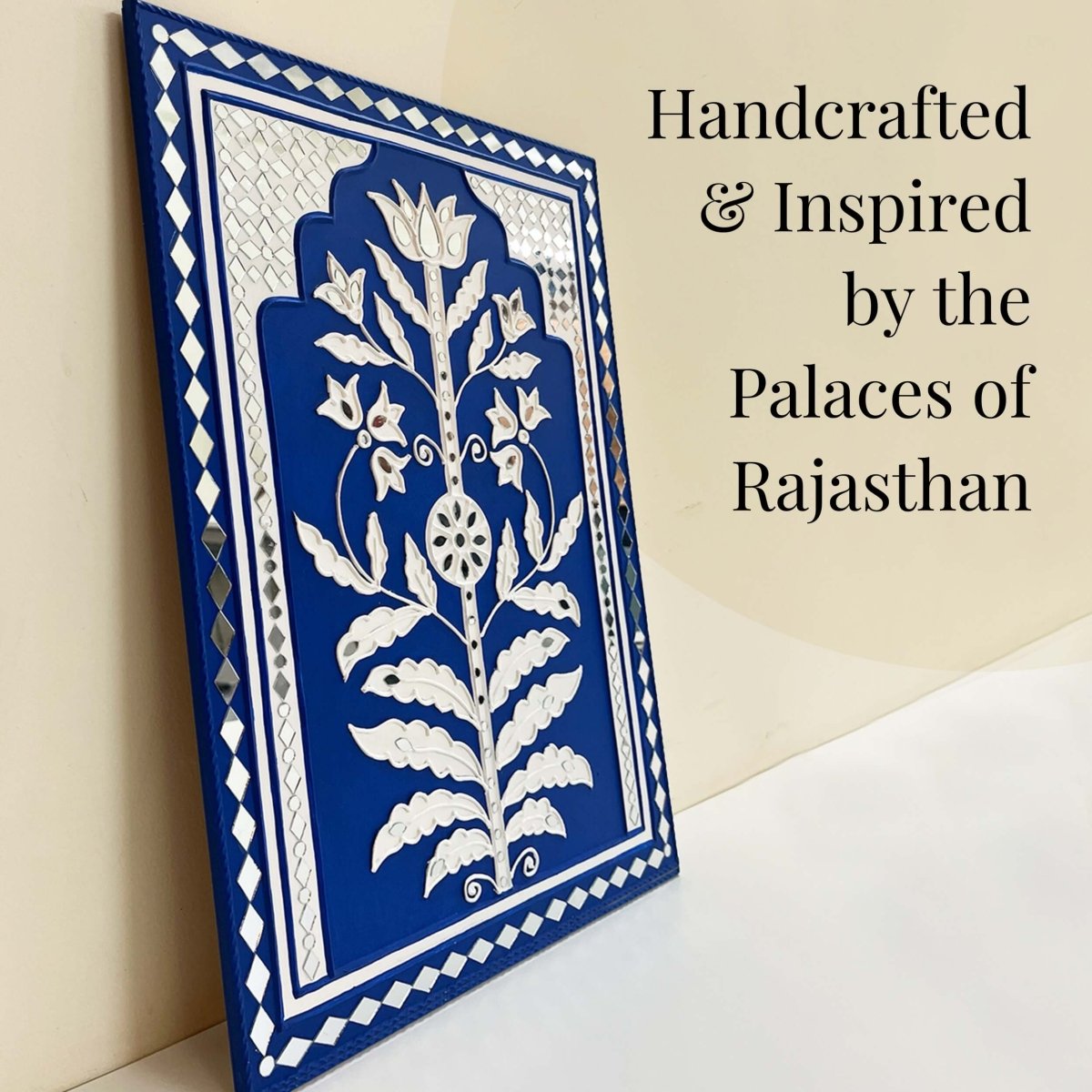George Orwell: Motihari’s Gem
BOOKMARK
Eric Arthur Blair was born in the small town of Motihari, in Bihar on 25 June 1903. He would go on to become a solider, a prolific journalist and a literary giant. Never heard of him? That’s because today, we know him as George Orwell.
Known for his timeless works like Animal Farm and Nineteen Eighty-Four, Orwell’s life was as fascinating as his books. But what is relatively unknown was the deep connection he had with the Indian Subcontinent and how it shaped him.
– Orwell’s life was as fascinating as his books
Orwell’s father, Richard Blair worked as a civil servant for the British government. He worked in the opium department which brought him to the remote town of Motihari in Bihar (near the Indo-Nepal border) where he supervised poppy farmers and the collection and processing of opium for export to China.
This town was in the district of Champaran and it would play a significant role in India’s struggle for independence. It was from here that Mahatma Gandhi launched the first civil disobedience movement or Satyagraha in 1917 that ultimately resulted, 30 years later, in the ouster of the British from India. Gandhi had been moved by the plight of farmers in Champaran who were exploited and forced to produce opium and indigo that was sent off to China and Europe.
– Orwell’s father worked as a civil servant for the British government
But when Eric Blair (George Orwell) was born in 1903, Motihari and Champaran were 14 years away from being put on the map, by Mahatma Gandhi. Orwell spent a year in the small rural estate before his mother, Ida Blair took him back to England. She was of French descent, the daughter of an unsuccessful teak merchant in Burma.
After a few years at a local boarding school in England, Orwell won a scholarship to the prestigious Eton College, where iconic writer and philosopher Aldous Huxley was one of his teachers.
– Orwell won a scholarship to Eton, where Aldous Huxley was one of his masters.
In 1922, after graduating from Eton at the age of 19, he joined the Indian Imperial Police and went to Burma as an assistant district superintendent. In Burma, he realized how much against their will the Burmese were ruled by the British and he felt increasingly ashamed of his role as a colonial police officer. Later he would recount his experiences of imperial rule in his novel Burmese Days and in autobiographical sketches like Shooting an Elephant and A Hanging.
He eventually resigned from the Imperial Police in 1928, but the experiences in Burma changed him. He developed a deep dislike for imperialist systems, which is a stark theme in almost all his later writing, especially Animal Farm and Nineteen Eighty-Four.
In 1937 he fought as a part of the Republican militia in the civil war in Spain and was badly injured. Due to the injuries he could not join the British military when World War II began and instead he headed the Indian service of the British Broadcasting Corporation (BBC).
From August 1941 to November 1943 George Orwell worked in the Indian Section of the BBC's Eastern Service, broadcasting radio programmes to India.
The Indian Section of the Eastern Service began broadcasting in May 1940. Initially it was on the air for ten minutes daily, broadcasting news in Hindi, but the service expanded rapidly. Programmes in English, Bengali, Marathi, Sinhalese and Tamil were added later and the broadcasting time increased. The section provided a window into Britain and sought to present the western world through eastern eyes by employing Indian broadcasters living in Britain, such as Narayana Menon, M. J. Tambimuttu, I. B. Sarin, Venu Chitale and Indira Devi of Kapurthala.
– George Orwell worked in the Indian Section of the BBC’s Eastern Service, broadcasting radio programmes to India
The section broadcast news (in English, Bengali, Marathi and Gujarati), current affairs programmes, reviews, round-table discussions, poetry readings, plays and music. These were aimed at India’s influential intelligentsia and students in the hope of balancing out the widespread popularity of the Quit India Movement. The section broadcast regular messages from Indians residing in the UK and Indian soldiers stationed in England. Morale-boosting programmes for the Indian troops stationed in the Middle and Far East, fighting for Britain in the Second World War, were also a regular feature. The Service became an important tool in countering Subhas Chandra Bose’s Radio Azad Hind (Free India), broadcasting from Berlin. Among the many series of programmes were 'Through Eastern Eyes' and 'Open Letters', which featured regular broadcasts from Mulk Raj Anand, Cedric Dover and G. V. Desani, as well as T. S. Eliot, George Orwell and E. M. Forster.
Thus the anti-imperialist Orwell found himself part of an institution and discourse devoted to encouraging Indian loyalty to the Empire. Literary scholars believe many of the references and the sharp rage that reflects in the dystopian Nineteen Eighty-Four came from the two years at BBC. His disillusionment is clear in this resignation letter where he writes:
‘I am tendering my resignation because for some time past I have been conscious that I was wasting my own time and the public money on doing work that produces no result. I believe that in the present political situation the broadcasting of British propaganda to India is an almost hopeless task.’
In 1945, Orwell's Animal Farm was published and he garnered much acclaim for it. He died soon after, in 1950. His books are widely considered to be sharp, satirical and astute criticisms of extreme ideologies like Imperialism as well as Communism and his ‘Orwellian’ school of thought continues to inspire many today.
Back in his birthplace, Motihari, for many years, the Orwell house was allotted as accommodation to the staff of the Government School in the town. Over time it fell into a state of neglect. However, over the past few years, thanks to interest from citizen groups and encouragement from the government, a project has been undertaken to convert the house into a museum, dedicated to Orwell, who started his life’s journey here!









